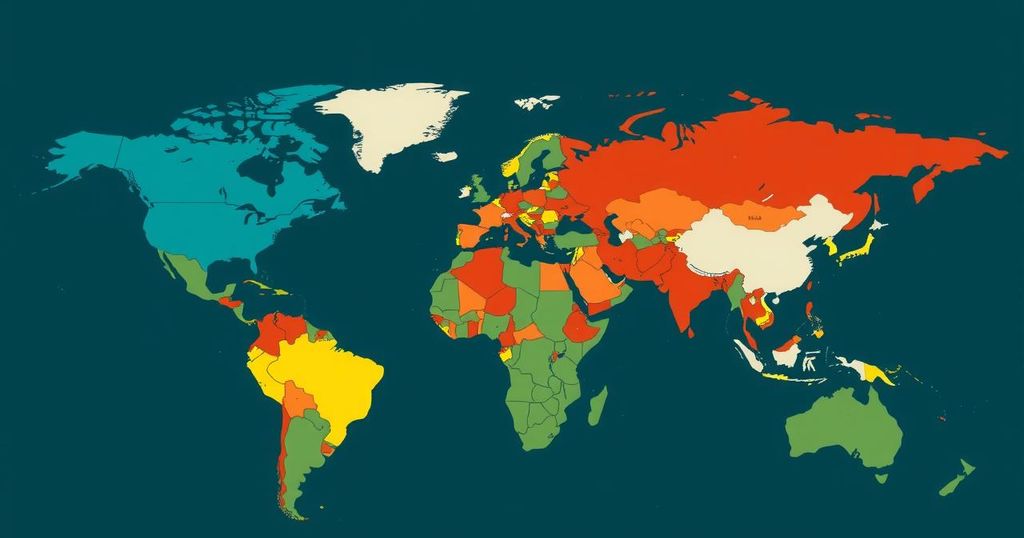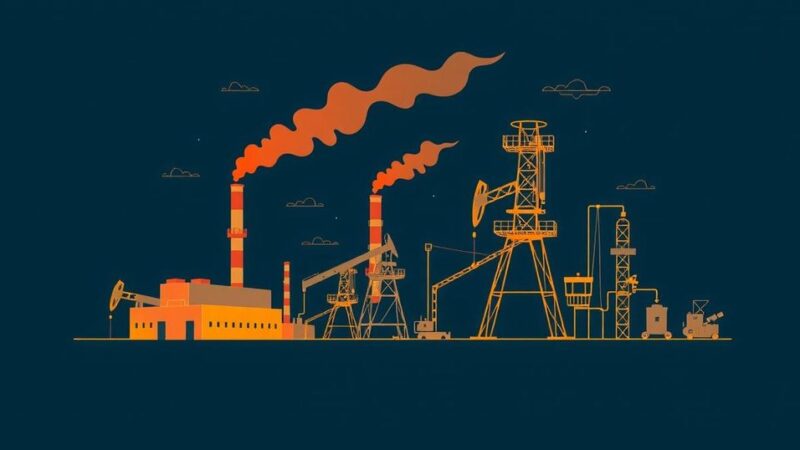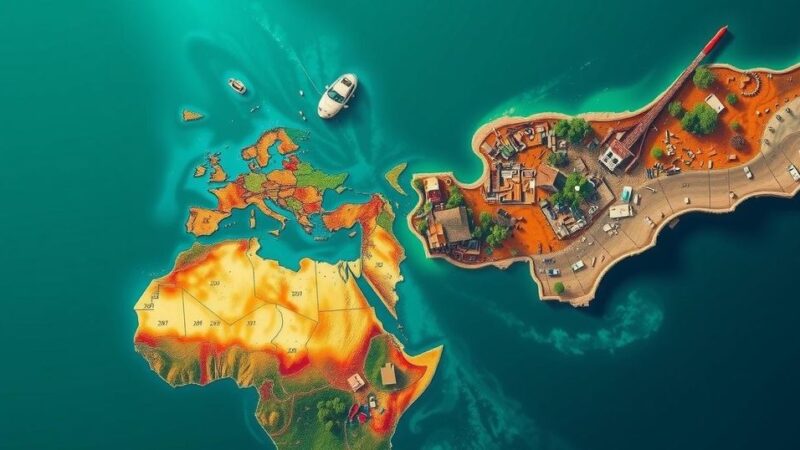Wealthier nations are initiating payments to poorer countries for climate change damages. Following Cyclone Freddy in Malawi, locals like Christopher Bingala received compensation to rebuild. The concept of “loss and damage” compensation aims to support nations less responsible for climate change but severely affected. While $720 million has been pledged, experts predict this funding will be insufficient amid increasing climate disasters. Ongoing negotiations at COP29 explore funding allocation and broader applications.
In a significant development regarding climate change compensation, wealthier nations are beginning to provide financial assistance to poorer countries adversely affected by climate-related disasters. Victims like Christopher Bingala from Malawi have received payments, such as the $750 aiding him to rebuild his home following the devastation caused by Cyclone Freddy. This payment exemplifies a new funding mechanism known as “loss and damage” compensation, aiming to assist nations that have contributed minimally to climate change yet bear its severe consequences.
The genesis of this funding can be traced back to a pact made last year, in which developed countries committed to establishing a fund to assist developing nations in recovering from climate-induced catastrophes. Currently, approximately $720 million has been pledged by countries including the European Union, United States, and United Arab Emirates, although experts caution that this sum will prove insufficient as climate disasters worsen. During the ongoing COP29 climate summit in Azerbaijan, discussions are continuing on how to allocate these funds effectively.
The repercussions of Cyclone Freddy were catastrophic, displacing 650,000 individuals within Malawi alone. Many families faced extreme hardship, resorting to consuming livestock that perished as a result of the cyclone. However, following the government of Scotland’s financial intervention, families like Bingala’s have been able to relocate to safer areas, fostering diminished risk and enhancing their quality of life. This initiative, managed by the non-profit organization GiveDirectly, demonstrates a model for future climate funding frameworks.
There is an undeniable urgency for robust loss and damage funding, particularly for low-income nations that lack sufficient protective measures against increasingly severe weather phenomena. As articulated by Yolande Wright from GiveDirectly, the poor in Malawi are disproportionately vulnerable and often lack access to insurance options. The challenges are exacerbated by existing debts, as noted by Prime Minister Philip Davis of the Bahamas, where national debt has surged due to climate repercussions.
As negotiations at the COP29 summit advance, the potential for diverse funding applications, such as community relocations or ecological restorations, emerges. The need for comprehensive and sustained loss and damage funding is anticipated to escalate sharply, possibly reaching $250 billion annually by the year 2030. Leaders like Mr. Davis advocate for proactive contributions from wealthier nations, emphasizing that the fallout from climate change will not remain isolated within national boundaries.
The topic of climate change compensation has gained considerable traction as the effects of climate change become increasingly palpable, particularly in low-income nations. These countries are disproportionately affected by natural disasters despite contributing minimally to greenhouse gas emissions responsible for global warming. The international community acknowledges this inequity, leading to discussions surrounding the funding mechanism known as “loss and damage” compensation, aimed specifically at assisting developing nations in addressing the aftermath of climate-related disasters. The establishment of a dedicated fund follows years of negotiations among countries, emphasizing the necessity for a more equitable approach to global climate financing.
In conclusion, the emerging trend of loss and damage compensation signifies a pivotal shift in the global response to climate change, where wealthier nations begin to support poorer countries facing devastating natural disasters. The experiences of individuals like Christopher Bingala underline the urgent need for adequate financial resources to address these challenges, as well as the importance of international cooperation in tackling the humanitarian crises induced by climate change. As discussions continue in forums like COP29, it is imperative for deeper commitments to be made for sustainable solutions and a more equitable climate response.
Original Source: www.southcarolinapublicradio.org






